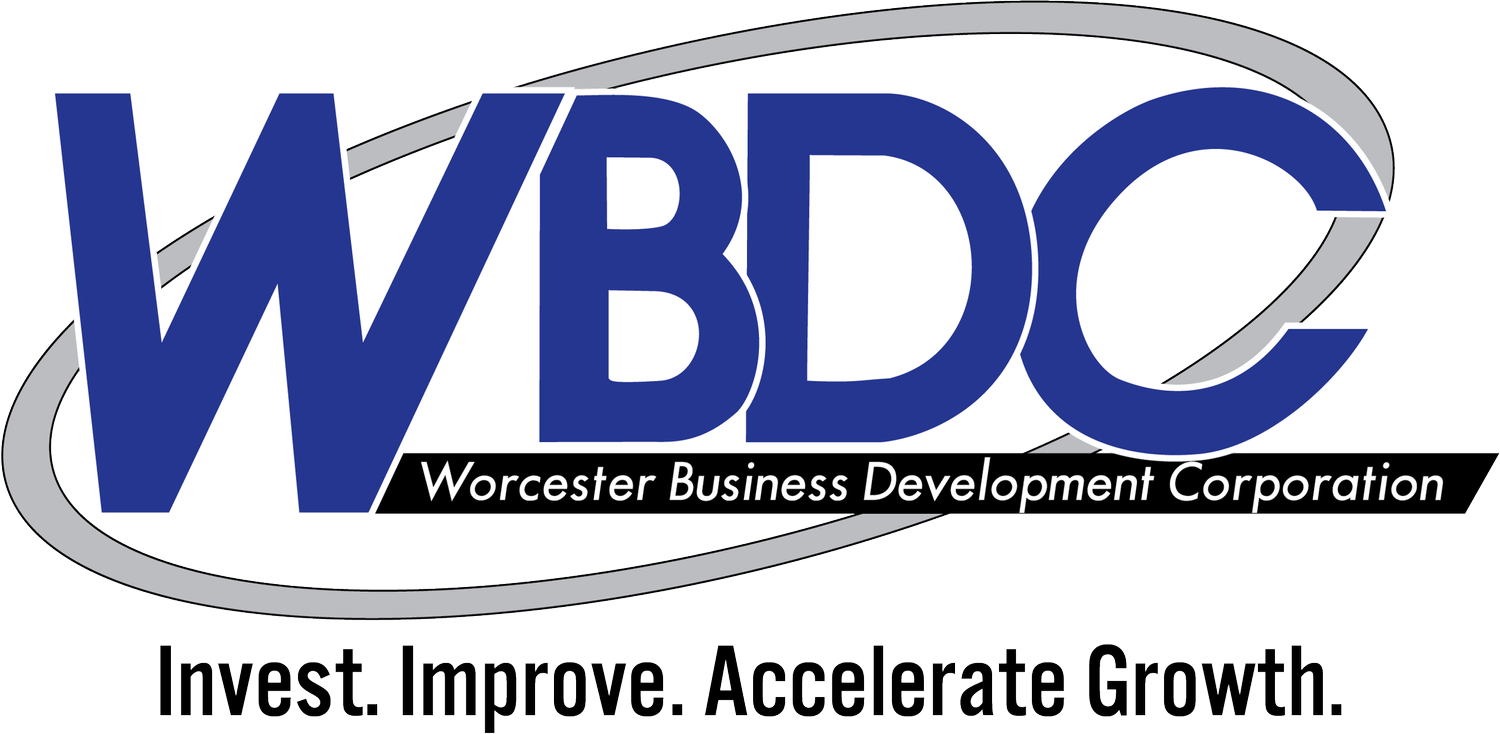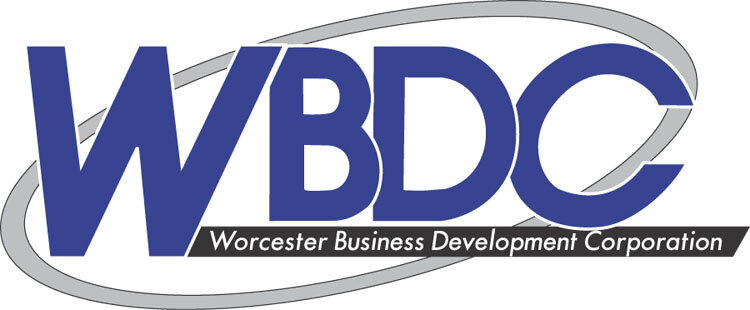Life science in Worcester is flourishing. Where does the industry go from here?
Isabel Sami, Worcester Telegram & Gazette
WORCESTER — The city's burgeoning biotech and life sciences industries are gaining momentum, or, as Jon Weaver and his peers at Massachusetts Biomedical Initiativescall it, "Woo-mentum."
Weaver, president and CEO of MBI, said the Worcester-based biotech incubator opened a new facility in 2020 on Briden Street to double its square footage.
Now the facility is full, putting MBI in the process of expanding again to give these startups more space to flourish, which Weaver said is the biggest thing the city needs.
"As the industry continues to grow, emanating from Cambridge — where 7% of the world’s biotech development is occurring — how can Worcester play a role in complementing that growth?" Weaver said.
"We think that’s around startups and manufacturing and contract research, and providing more affordability and access for more residents to get involved in the cluster just by sheer geography."
MBI, an independent economic development organization created to build and grow the state's biotech clusters by helping to incubate early-stage biotech companies, provides a guiding hand for 54 startups across four sites in Worcester.
In addition, the Reactory on Belmont Street landed WuXi Biologics and Galaxy Life Science, and Madison Properties is developing sites for life sciences near Polar Park in the Canal District.
Weaver said this is only the beginning of Worcester's biotech boom.
"We like to say we have ‘Woo-mentum’ and I think the city is at a pretty exciting time," he said. "It’s just not going to be possible to contain the industry sustainably within I-95. It’s already at (Interstate) 495, it’s now in Worcester, and frankly as it continues to grow there’s going to be more need for Worcester to provide more space. The city’s on fire."
Life sciences startups
MBI works in tandem with academic institutions — such as WPI and Quinsigamond Community College — businesses and local governments to further life and health sciences startups.
Life sciences parks have been popping up around Worcester in recent years, with multiple developments underway.
The Reactory may look like a partially developed plot of land, but the 46-acre biomanufacturing campus packs potential.
Located on Belmont Street next to UMass Medicine Science Park, UMass Medical School and Abbvie, the Reactory has become an emerging beacon of life science among similar sites such as Gateway Park.
Managed by the Worcester Business Development Corp., the Reactory was born on the former site of Worcester State Hospital. The WBDC acquired the property in 2017 and has been applying for permitting, demolishing, building and evolving the space ever since.
WBDC President Craig Blais, one of the visionaries of the Reactory and collaborator on a number of projects across Worcester, said while the ecosystem of research and development in the city met the needs of medical and scientific industries, Worcester was missing a pharmaceutical manufacturing base.
"There was a whole goal and effort to complete our ecosystem by creating a biomanufacturing park," Blais said. "So the WBDC led that effort along with MBI, Chamber of Commerce and the city of Worcester. Now that's known as the Reactory."
The WBDC recruited WuXi Biologics as the first biopharmaceutical company on the Reactory campus.
WuXi's $60 million, 107,000-square-foot biomanufacturing facility broke ground in the summer of 2020. And now plans are underway to double the facility by adding 95,000 square feet to the site, as well as hiring to fill 250 positions.
Galaxy Life Sciences, a sister company of Galaxy Development, bought a six-acre parcel at the Reactory from the WBDC in 2019 and is seeking tenants to bring to the expanding campus's 500,000 square feet.
Galaxy President Mike O'Brien said the process for finding a tenant takes up to a year and a half, but said he expects the right tenant will come along soon.
"(The science park) was another opportunity to expand into the life science industry that’s at the very forefront of everyone's minds right now in an industry that’s growing," he said. "The perfect place for it to grow, in our opinion, is Worcester, and we’ve put our money where our mouth is."
Building boom
O'Brien said the expansion is expected to be complete by the first half of 2023, with construction already ahead of the curve. When the prospective tenant is found, O'Brien said they won’t be far from opening their doors.
Blais said the WBDC has extended an agreement to Galaxy to buy the remaining 200,000-square-foot parcel at the Reactory, allowing for potentially four facilities to exist at the campus.
About a 10-minute drive from the Reactory is another developing life science center next to Polar Park.
Denis Dowdle, president of Madison Properties, began developing two sites last year: one proposed 120,000-square-foot building adjacent Polar Park's left field, and a six-story 200,000-square-foot building across Madison Street.
The first building is still in early stages of development, with the foundation done but the bones not yet set.
Like O'Brien, Dowdle hasn't found tenants for the space but said the development can be complete in 12 to 15 months, with considerations taken for the prospective tenant's customizations of the space.
"Right now there’s a robust life science ecosystem in Worcester," Dowdle said. "We’re seeing interest from tenants, so once we get a tenant for that building we’ll complete the construction."
As developers, both Dowdle and O'Brien see the vast potential of Worcester's life science market.
The developers said the city's amenities, affordability, central location and access to a simultaneously talented and diverse workforce attract potential companies of all sizes that are looking to move west from Boston and Cambridge.
"Worcester has all the big-city amenities, available workforce, numerous colleges supplying the workforce, to be a little sister to Boston," O'Brien said. "It's got all the attractions that are going to make it successful for the life science industry as a less expensive option."
Employees wanted
Dowdle said he foresees so much growth in Worcester's life science market that the companies might struggle to fill jobs.
"One of the advantages I think Worcester has is if you had another life science company going into Boston, you’re competing with all the other life science companies for the talent pool there," he said.
As it looks to fill 250 positions, WuXi will recruit employees from Worcester Vocational High School and Quinsigamond Community College, as well as Worcester Polytechnic Institute and Worcester State University.
"It's not just super high-level engineer, Ph.D. types," Blais said. "It's a broad spectrum of employment. It's a great industry to have here, with what our colleges are producing for the workforce."
"We think there’s an untapped talent pool in Central Mass. that can commute or live in Worcester for half the price of living in the Seaport, and having the work experience be more positive. For the people hiring, there’s less competition out here."
But biotech leaders said Worcester doesn’t need to compete with Cambridge. Instead, they complement each other.
"I think Worcester has an important role to play and to me it’s complementary, not competitive," Weaver said.
MassBio President and COO Kendalle Burlin O’Connell said Worcester's biotech industry and Boston's are "absolutely collaborative."
Burlin O’Connell is the first woman leader at MassBio, an nonprofit organization dedicated to growing and advancing Massachusetts’ life science industry with more than 1,500 members.
She said when she started working at MassBio in 2008, the industry was anchored in Cambridge and Boston. Now as the industry sprawls across the state, Burlin O’Connell said she's excited to have conversations about the growth seen in cities like Worcester.
"Worcester is already one of the biggest biotech hubs in Massachusetts, and one of the premier life science clusters in the nation," she said. "This is because of decades of investment through public-private partnership, and this collaboration happening between the Worcester (Regional Chamber of Commerce), MBI and academia to really prioritize life science as an industry for economic development recruitment."
The industry follows the workforce, Weaver said, and the main thing the industry needs now is space to grow. If Worcester can provide that, Weaver said the city will have a golden opportunity to usher in more jobs and further economic development.
Industry growth across Massachusetts has been supported by the alignment of industry, government and academia, she said, noting the state's Life Sciences Initiative, which invested $473 million in capital authorization and supported an early biotech ecosystem.
With more than 130 academic institutions in the state, Massachusetts has what Burlin O'Connell called "the best and brightest talent," also playing a significant role in creating pathways into the industry for talented minds.
Last year, MassBio found nearly 5 million square feet of lab space where developed across the state. Between 2021 and 2014, MassBio estimates 20 million square feet of manufacturing developments will be amassed.
MassBio also estimates 40,000 new jobs will be created in the life science industry. Many manufacturing jobs do not require an advanced degree or even a bachelor's degree, Burlin O'Connell said, and organizations like MBI and MassBio are working to ensure underrepresented communities will have a pathway into the industry.
College connection
In Worcester, anchor institutions such WPI, UMass Medical School, MBI and numerous others fuel the strong talent pool and draw industry eyes toward the city. Weaver said Worcester provides accessibility to all the things that these startups and biotech companies are interested in.
"It's got a great urban scene led by the WooSox and our restaurants and the cool vibe that’s attractive to a young population," he said. "That’s part of why Worcester was in the top 10 hottest housing markets last year, and it’s why the workforce is moving west. They like the quality of life Central Mass. provides, and the industry follows the workforce."
Burlin O’Connell echoed Weaver's sentiments.
"I think other benefits Worcester has, when you think of other clusters within the commonwealth, is more affordable housing, more affordable lab space, better commutes," she said. "People want to live where they work and Worcester has successfully created that environment and hit a lot of that work-life balance."

